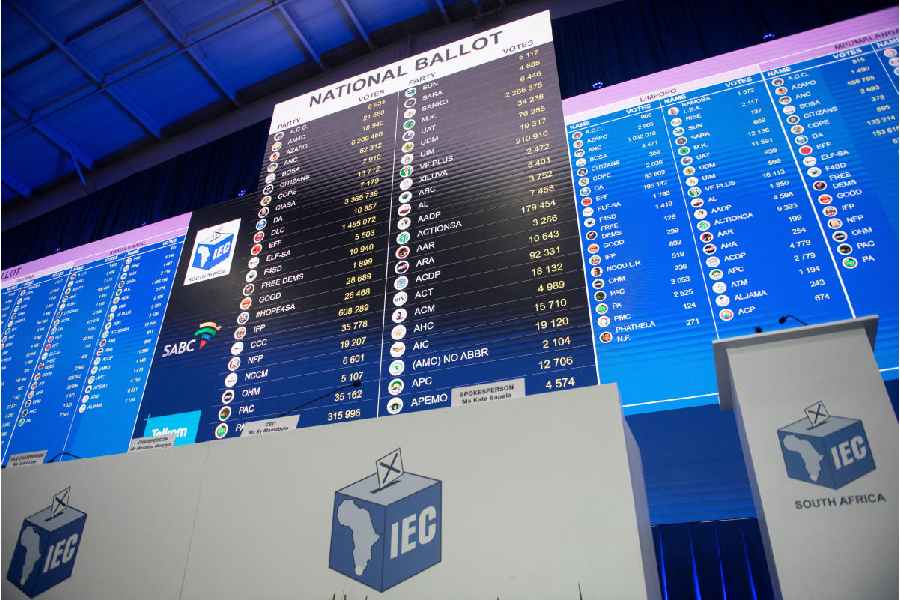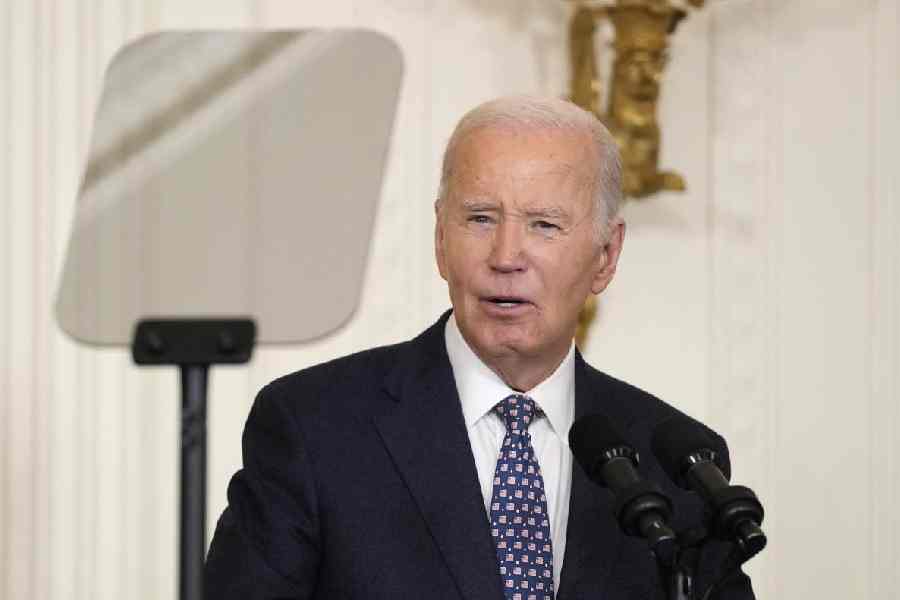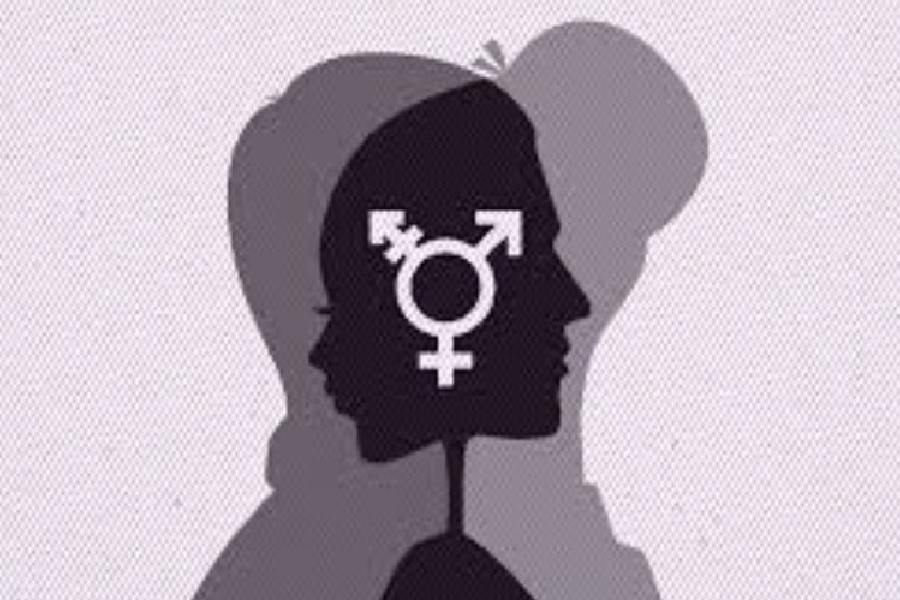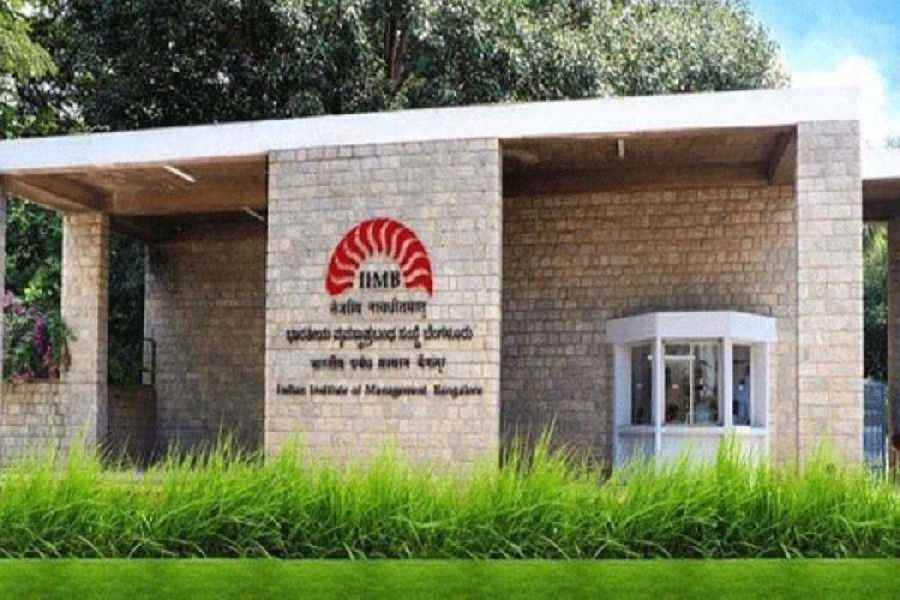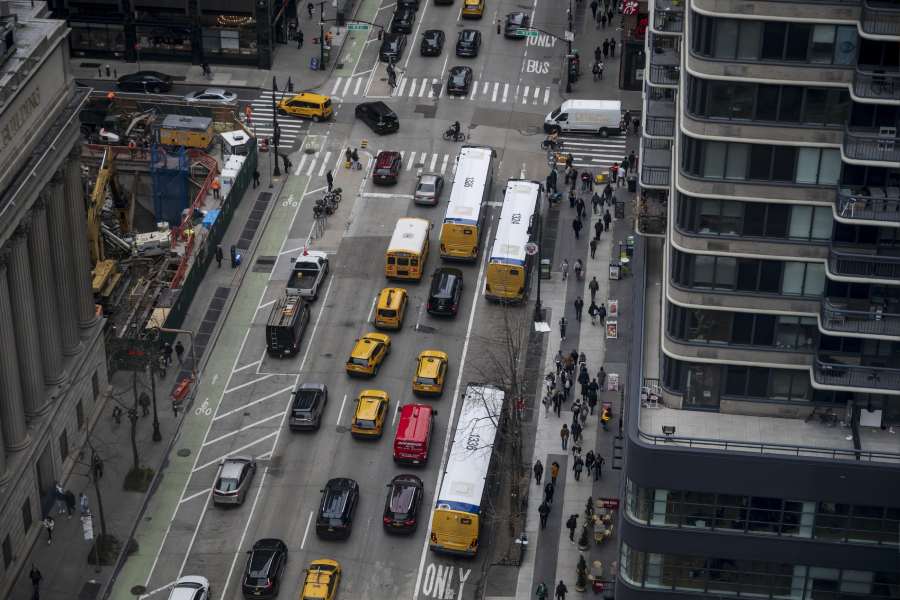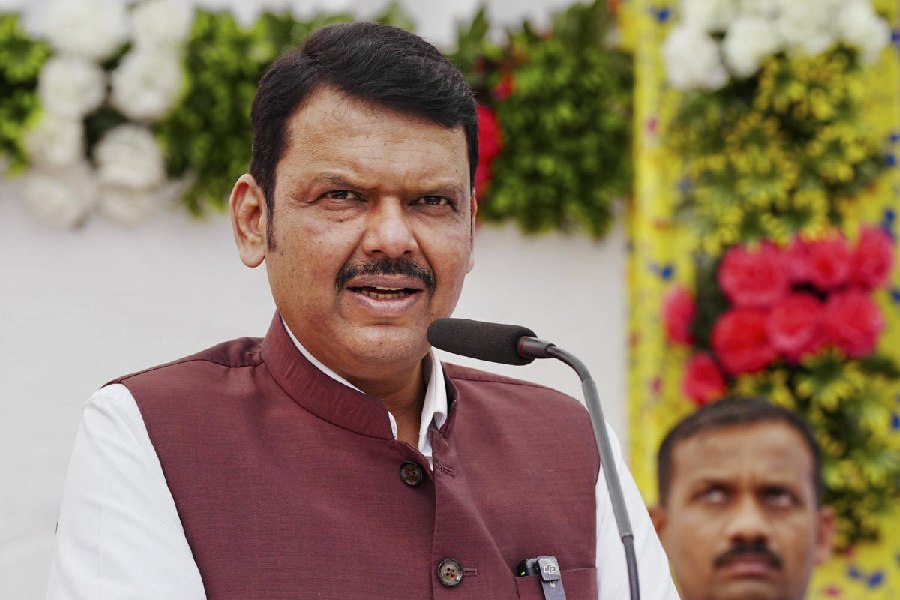After ruling South Africa with a brute majority since the end of apartheid 30 years ago, the African National Congress dished out its worst ever performance in the country’s national and provincial elections. The ANC is now being forced to do what it has never done before — find coalition partners it can form a government with and compromise in the process. South Africa’s landmark verdict promises to fundamentally reshape the future of a country that in recent decades has served simultaneously as a beacon of anticolonial progress and as a poster child of political and economic mismanagement. The party of Nelson Mandela is still, by far, South Africa’s largest political force, winning 40% of the country’s vote. But it has seen its popularity fall dramatically in recent years, from around 57% of the vote in 2019. Now, under President Cyril Ramaphosa — whose own fate might be determined by potential alliance partners — the ANC faces a reckoning over its performance. South Africa has the world’s highest unemployment rate, at 33%. Among youth, that goes up to 45%. Inequality is high: most of the land is still owned by the minority white population three decades after Mandela became the country’s first black president. Homes and businesses grapple with hours of daily power cuts. Corruption is rampant.
The coalition choices the ANC makes — or is forced to make — could determine the country’s direction. A national unity government of sorts with the principal Opposition party, the Democratic Alliance, would likely be the most stable option. The DA has 21% of the vote — South Africa allots seats in Parliament and state legislatures through proportional representation — and, like the ANC, is centrist on economic policies. But such a coalition could affect South Africa’s foreign policy choices. While the ANC, a leading voice for Palestinian rights, has taken Israel to the International Court of Justice over alleged genocide in Gaza, the DA seeks a more balanced role for South Africa and is less critical of Israel. The other choice before the ANC — partnering with the MK Party of the former president, Jacob Zuma — is equally challenging. The MK wants to upend South Africa’s Constitution and adopt radical economic measures that investors have warned against. All of this mirrors the situation in India where a once all-powerful party now must compromise with allies to keep its government. Voters can cut political parties down to size, however dominant they may seem.

